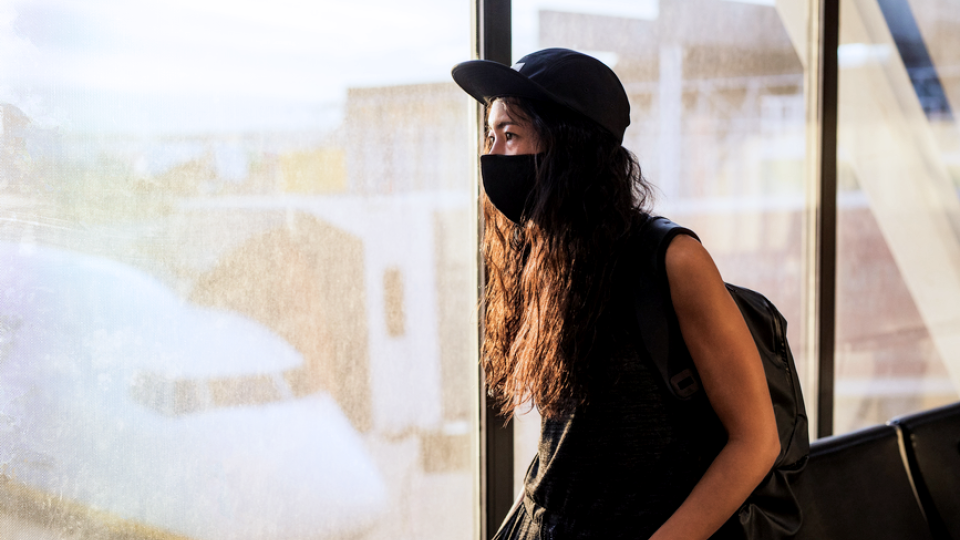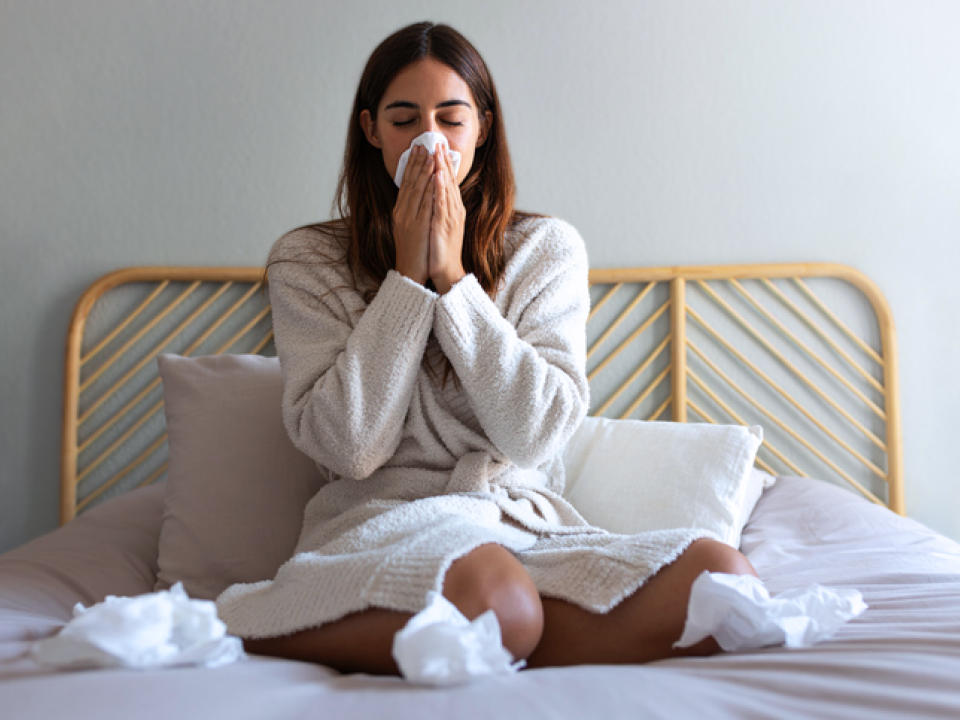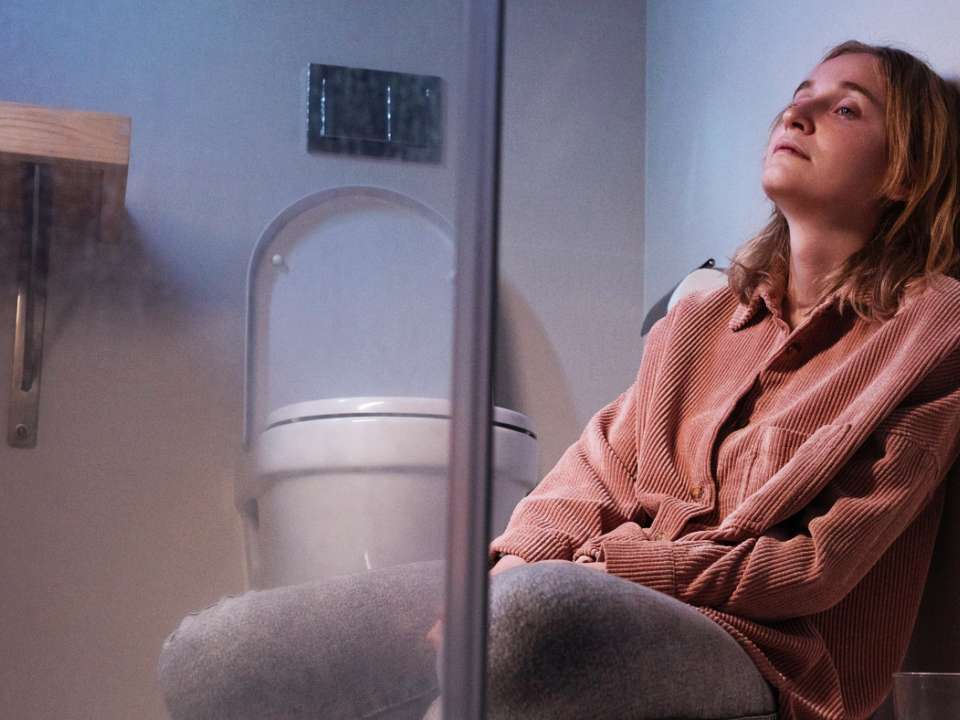
So you’re considering rescheduling that overseas vacation you planned before the COVID-19 pandemic kept us in place. As countries worldwide continue to lower their restrictions around masking and negative testing, it might feel easier to imagine yourself taking that step to buy those international plane tickets.
But COVID-19 hasn’t gone away. Here’s what to know about traveling abroad (safely) while we’re in the pandemic.
What is needed to travel internationally safely?
First, it’s important to remember that COVID-19 is still prevalent.
“The pandemic is ongoing and unpredictable,” says Dr. Cristopher Sanford, associate professor of family medicine and global health and the director of the UW Department of Family Medicine Global Health Fellowship.
Because of this, a good first step is to look on the Centers for Disease Control and Prevention’s (CDC) website at the COVID-19 levels in the country you’re interested in visiting. Dr. Paul Pottinger, a UW Medicine infectious diseases expert, says early planning and self-discipline can keep vacationers healthy.
“Understand the public health circumstances of your destination,” says Pottinger. “Stay informed, and not just on COVID-19 trends; Is there malaria or yellow fever where you’re traveling? It’s also a good idea to take COVID-19 rapid test kits with you.”
It’s also important to ensure you’re up to date with all of your vaccines — not just COVID-19.
Should you wear a mask?
Masks are also still an effective barrier to lessening exposure to the disease. The CDC continues to suggest that all travelers should wear masks on planes.
“Masks are a good idea in any crowded situation, including planes, airports, or any situation where you’re around a significant number of people,” says Sanford.
He also suggests avoiding large events that may consist of many people cramped together, like indoor spaces, parties or attractions, but wide-open spaces are usually fine.
“I’d also shy away from mass events where you might be around unmasked crowds,” says Sanford. “COVID-19 is spread person-to-person, and the more you’re around these crowds, the more likely you can catch it,” says Sanford.
If you’re traveling with family or friends, Pottinger emphasizes the importance of checking in with your travel partners to make sure you’re on the same page.
“Figure out what people are going to be comfortable with when it comes to masking indoors around strangers, when it comes to transportation, getting around town,” says Pottinger. “If everyone has the same mental model, then it will be a smooth trip.”
So you’ve got the precautions down — what else is important when traveling?
What other precautions should you take?
Sanford advises travelers to not only focus on COVID-19 precautions but also prioritize other ways to stay safe and protected when traveling internationally.
“If you’re going to a low-income country, you may need additional immunizations,” says Sanford. This could include diseases Pottinger mentioned, such as yellow fever and more. “In low-income countries, the biggest threat are non-infection things like car crashes, not wearing a seatbelt, motorcycles, not using personal floatation devices when appropriate and threats of that nature.”
What is needed to return to the US?
As of June 12, 2022, the requirement to have a negative COVID-19 test a day before returning to the US is no longer needed, but it’s still a good idea to take it easy once you’re back home. After the trip, Pottinger recommends watching for residual signs of infection and getting tested if you feel ill. Even if you feel OK, start rapid testing on the fifth day after your return from traveling or possible exposure.
“Just because the vacation is over doesn’t mean that the germs are done working,” says Pottinger.
Ultimately, it’s reasonable to travel to most places now, but it depends on the traveler’s tolerance for risk.
“There’s not a strict threshold for everyone,” says Sanford. “If someone is immunocompromised, their tolerance for risk might be lower, and they would be more cautious. If someone has more immunity, they might be more tolerant of the risks. It’s different for all people.”
In addition to research, preparations and precautions, having a flexible attitude is important when planning your international trip during the pandemic. Things like delays and disruptions can cause plans to shift, but in the end, it’s all to keep travelers healthy and help everyone come home safe.
Barbara Clements contributed to this article. A version of this story originally appeared on the UW Medicine Newsroom.

 Healthy ideas for your inbox
Healthy ideas for your inbox





